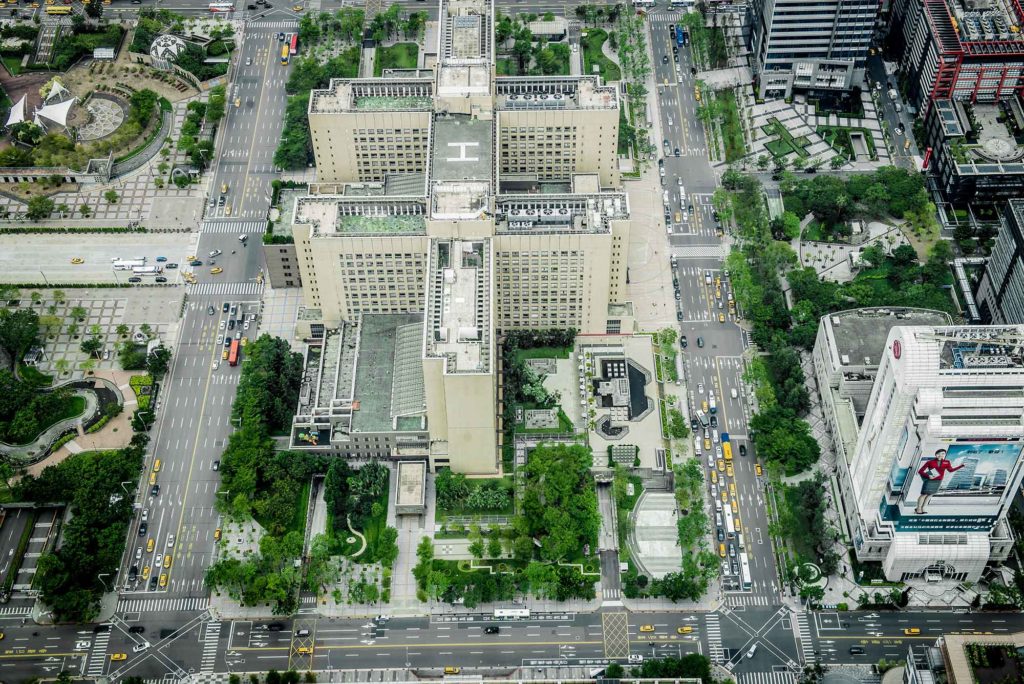Welcome
This course focuses on climate change in urban areas, covering how cities are affected by climate change, how they contribute to it, as well as how they plan for it.
What you will learn
At the end of the course you will be able to:
- Describe urban trends for the 21st century.
- Describe the transformative role that cities can play in achieving green and climate-resilient development.
- Explain how urban areas are affected by, and contribute to, climate change.
- Explain how climate change adaptation and mitigation can be considered in urban planning.
- Identify specific adaptation and mitigation measures suitable for urban areas.
Course at a glance
This specialized module has six sections:
- Cities in the 21st century
- Effects of climate change on cities
- Cities as contributors to climate change
- Integrating climate change adaptation and mitigation in urban planning
- Urban climate change adaptation and mitigation in practice
- Overview of major initiatives related to climate change and cities
Completion requirements
Once the quiz is completed with above 70% of passing scores, you will receive a certificate of completion from UN-Habitat and UNITAR. You have three attempts to try the quiz.
Partners and Contributors
The module has been developed and peer-reviewed through UN CC:Learn, with technical leadership provided by the United Nations Human Settlements Programme (UN-Habitat).

